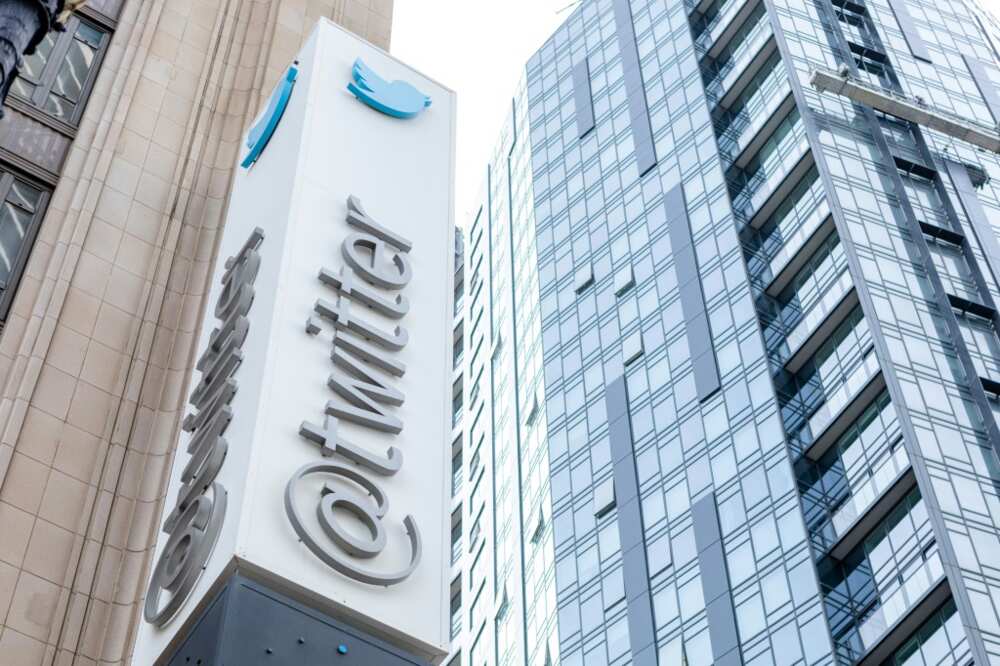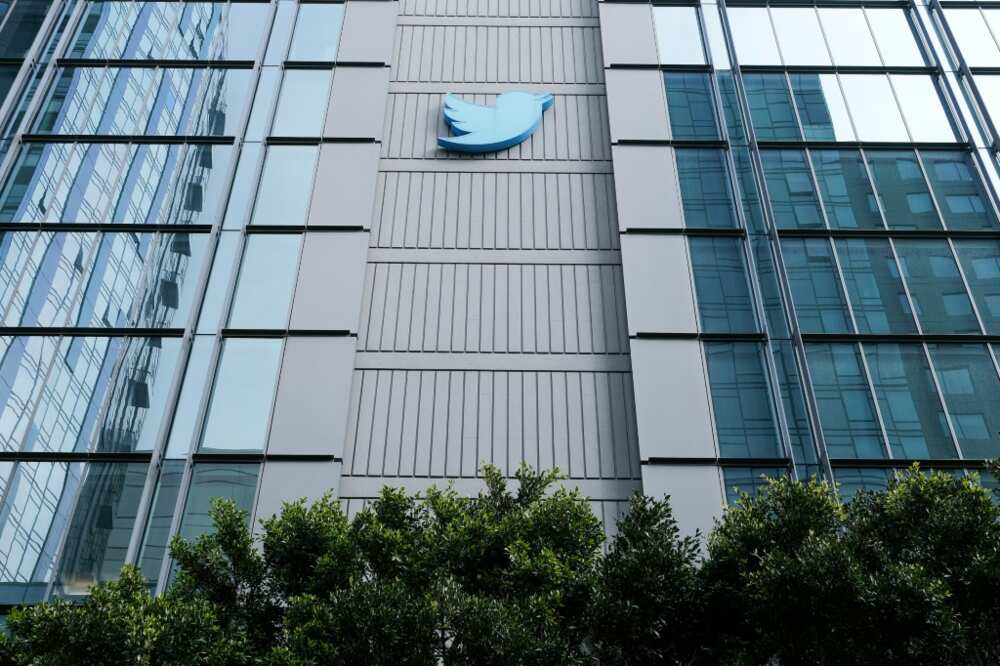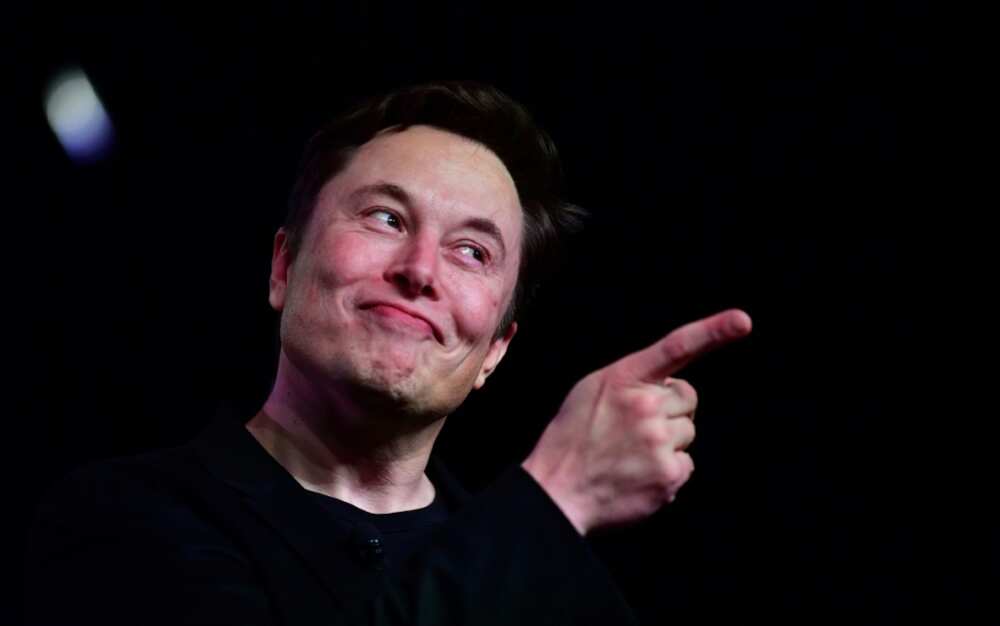By taking Twitter private, Musk makes daring bet

Source: AFP
PAY ATTENTION: Сheck out news that is picked exactly for YOU ➡️ find the “Recommended for you” block on the home page and enjoy!
Elon Musk's decision to pull Twitter off the stock market allows him to make major changes quickly, but it also takes the company more heavily into debt, a risky choice for a money-losing business.
It is a long-established strategy with notable successes and failures, from computer manufacturer Dell (a success) to toy stores Toys "R" Us (a failure).
But Twitter "is very different from a traditional buyout" of a company that delists from the market, said Steven Kaplan of the University of Chicago Booth School of Business.
Most such takeovers are of companies with positive cash flows, Kaplan said, but the social network is losing money -- having posted losses in the first two quarters of 2022.
The equation is further complicated by Elon Musk's $13 billion in loans, which will have to be repaid by the San Francisco company, not by the entrepreneur personally.
According to a calculation made by AFP, Twitter will have to disburse a little less than $1 billion from the first year as interest and principal, a high amount for a group whose turnover reached only $5 billion in 2021.
PAY ATTENTION: Join Legit.ng Telegram channel! Never miss important updates!
"That debt is tricky when you're losing money. So there'll be a lot of pressure to cut costs and increase revenue so that they can make debt payments," said Kaplan, a finance professor. Otherwise, Musk will need to find funds to avoid bankruptcy.

Source: AFP
The entrepreneur on Friday laid off about half of Twitter's employees and is seeking new sources of revenue, including an optional subscription fee of $8 per month for those wanting a verified account.
Further development of Twitter may require an infusion of capital, more difficult to raise, in theory, by a unlisted company.
"I don't think you can raise any more debt," said Erik Gordon, an entrepreneurship expert at the University of Michigan Ross School of Business, but in this case "there is a Musk factor... You tweet a few times and you know, bring in the money."
'Radical changes'
Another idiosyncratic element is that most such deals "are initiated either by a financial logic or an industrial logic," whereas Elon Musk "didn't have one," he said.
"He just was unhappy with the way Twitter was treating free speech" and concluded that he could "manage it better," Gordon said.

Source: AFP
As a general rule, an exit from the market is followed by "radical changes" at a company, said Sreedhar Bharath, professor of finance at Arizona State University, and those changes may not be readily apparent because the company no longer has an obligation to communicate publicly.
"The company is shielded from the punishment meted out by financial markets if they do not like the changes," he said. "Some might say the markets have an excessive focus on the next quarter results" and managers of newly privatized firms can "pursue long-term goals" without fretting about the short term.
"But with the high public profile of Twitter, key decisions are likely to become public," noted Jagadeesh Sivadasan of the University of Michigan's Ross School of Business. "This was evident for the post-acquisition decisions regarding firing of key officers."
A study published in 2019 by two researchers at California State Polytechnic University that looked at nearly 500 deals between 1980 and 2006, found that about 20 percent of large companies undergoing leveraged buyouts filed for bankruptcy within 10 years, compared with two percent for a sample of other companies.
"Most of them have done better than public companies," said Gordon, "but they don't get a lot of publicity... The big failures get a lot of attention and create this idea that the debt kills the company."
"Most of the time, it works which is why people keep doing it," Gordon added.
"Musk is one of the most creative people on the planet," able to build three totally different companies, PayPal, Tesla and SpaceX, all of which have reached more than $100 billion in valuation, Kaplan said.
"He's a talent magnet... He's going to attract (to Twitter) real talent that hasn't been there for a while... I wouldn't bet against him."
Source: AFP



